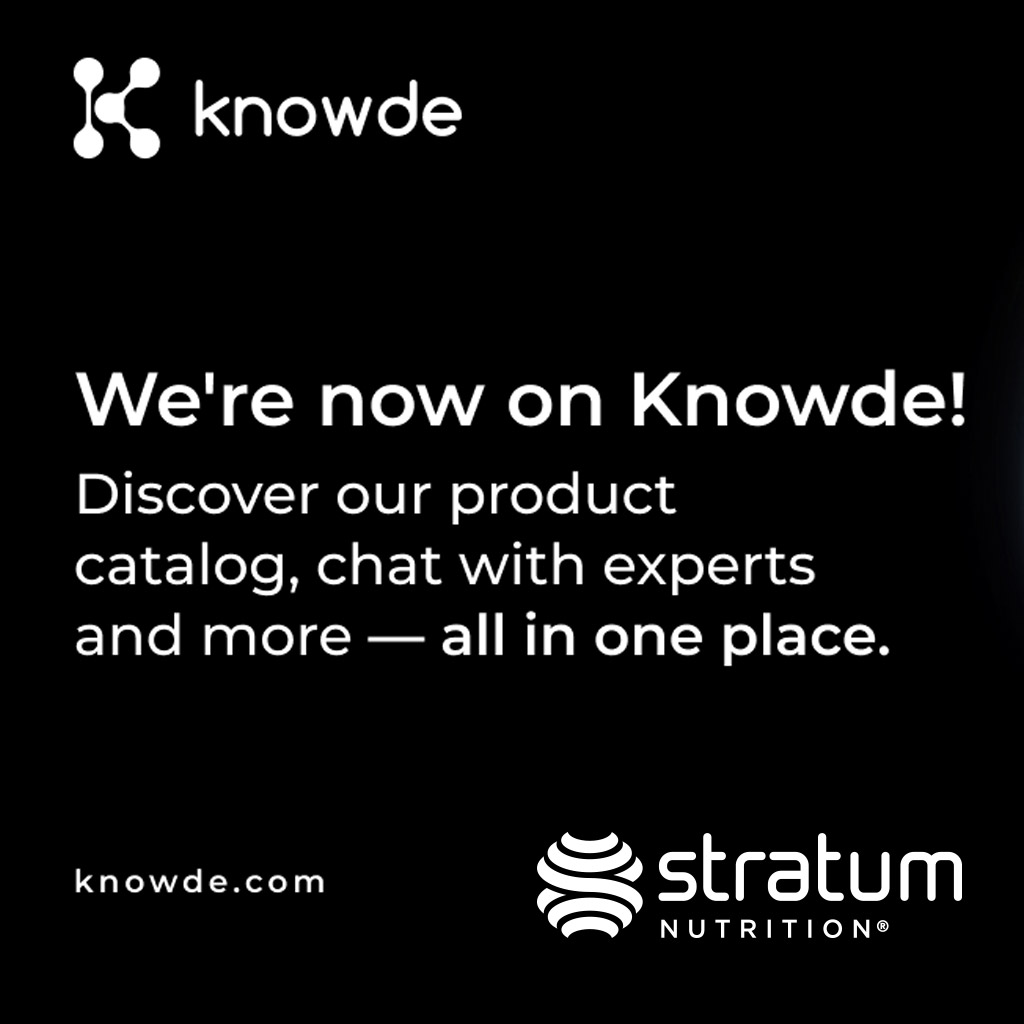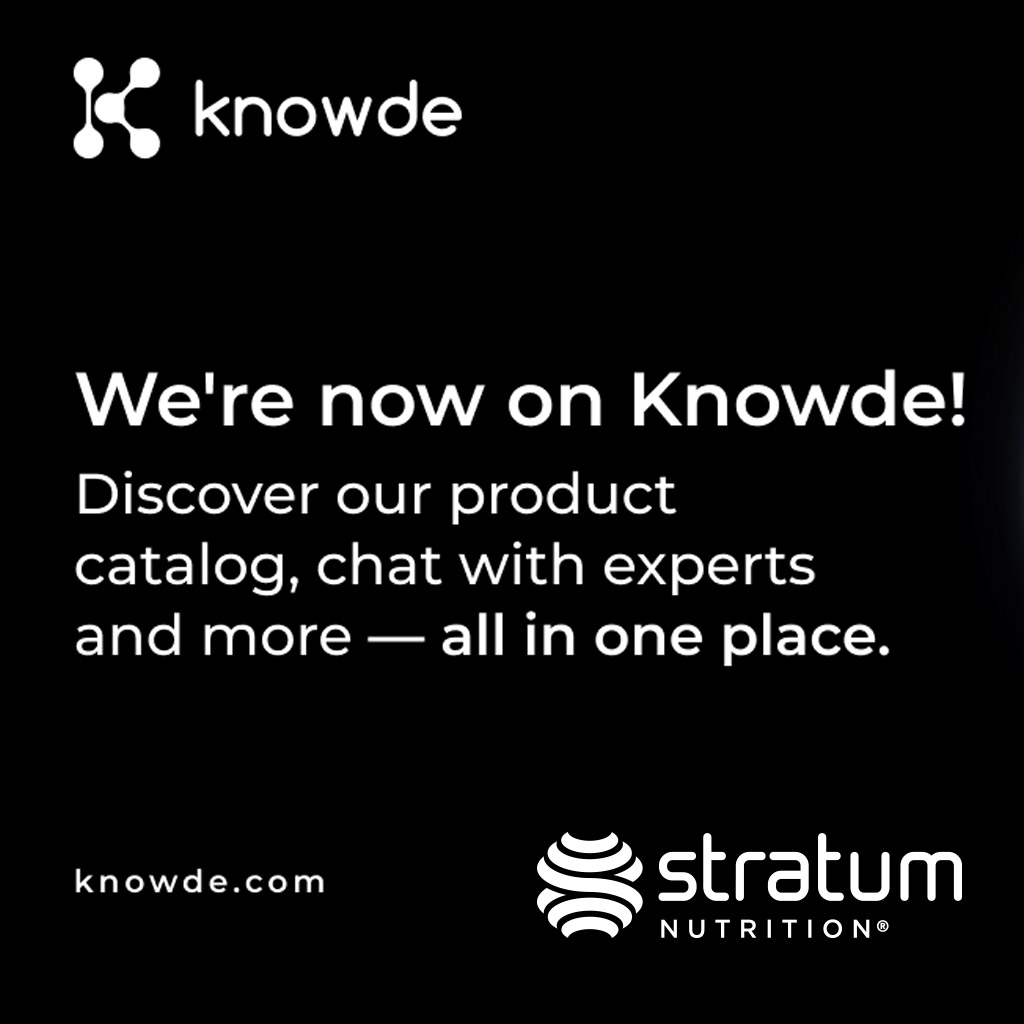Our Unique Microbiota and Amazon’s Distribution Center
Aug 16 2021
| Our Blog
| Nena Dockery
Gut health has consistently been one of the top categories within the natural wellness and dietary supplement industries because so many people suffer from poor digestion and its consequences, i.e., acid reflux, bloating, constipation/diarrhea, and heartburn. Diet, stress, medications, and lifestyle habits all contribute to the large number of individuals who have at least occasional digestive upset; and most consumers who purchase either natural products or OTC digestive aids are looking for immediate relief and are unaware of the long-term consequences of even small inadequacies in the digestive process.
The gastrointestinal tract is somewhat like a huge Amazon distribution center and the microbiome is like a group of critical workers in that center. Just like the products that arrive at the distribution center from all over the world, food and other ingested substances enter the gut where they are inspected and evaluated for functioning directly in the digestive tract or for shipping through the intestinal wall into the rest of the body. And just like the Amazon workers, the unique microbiota that reside in the gut perform a variety of services to ensure that the entire process runs smoothly, efficiently, and effectively.
Most substances enter the body through the mouth in the form of food, medications, and occasionally some undesirable pathogens. Within the oral cavity, indigenous bacteria, enzymes, and several secreted substances work together to identify and evaluate the ingested substances and begin the process of digestive breakdown. Keeping the oral microbiome healthy is critical in two important ways. First, some of these bacteria can identify pathogenic bacteria and can make conditions unfavorable for the undesirable bacteria to colonize and reproduce or they target these bacterial bad guys for destruction and elimination before they have an opportunity to do harm. This stops the pathogens from either being absorbed directly through the oral mucosa or entering the rest of the GI tract.
Substances that make it past the first level of security and then pass through the second level – the highly acidic stomach environment. It was originally thought that few if any beneficial bacteria are found in the stomach; but it is now recognized that genera such as Prevotella, Streptococcus, Veillonella, Rothia, and Haemophilus are important inhabitants of a healthy human stomach, though highly influenced by diet, drugs, and diseases. (United European Gastroenterology Journal, 2015, 3(3):255-260)
The intestinal tract contains the most stable and diverse microbiome. Here the native bacteria produce digestive enzymes, interact directly with the gut-mediated immune system, and help strengthen and maintain the integrity of the intestinal wall, helping to ensure that nutrients are absorbed, and large food fragments and pathogens are blocked.
Digestive Aids
Dietary supplement digestive aids offer a natural approach often employing probiotics, digestive enzymes, or a blend of herbals such as marshmallow, ginger, dandelion, fennel, deglycyrrhizinated licorice root, lemon balm, and calendula, etc. Regular use of these can be beneficial for occasional digestive challenges and may help reduce the risk of developing more serious conditions.
Probiotics, prebiotics and postbiotics are particularly beneficial because they can function in several different ways to restore homeostasis to the digestive tract. For example, probiotics derived from species that are indigenous to the human intestinal tract, such as Lactobacillus rhamnosus and Bifidobacterium bifidum can help discourage colonization of more unfavorable species of bacteria, produce some minor but critical digestive enzymes and help strengthen the intestinal wall. Prebiotics help provide a gut environment conducive to a healthy microbiome. Often products will contain a select blend of probiotic bacteria along with a specific prebiotic for a synbiotic formulation that can be particularly advantageous.
Postbiotics are the cells and cellular components of inanimate, usually heat-treated, microorganisms. Postbiotics may also contain the nutrient media (fermentate or cell-free supernatant) in which the microbes are grown that contains their beneficial by-products or metabolites. Postbiotics can possess the good attributes of human-derived probiotics without the gut or shelf stability concerns. These products can possess a wide range of benefits. One such postbiotic is LBiome™ (Lactobacillus LB). This postbiotic has been used in Europe for over one hundred years as a digestive aid – long before the origin of the term “postbiotic”.
Lactobacillus LB contains the heat-treated cellular biomass as well as the fermentate generated by select strains of[ND1] Limosilactobacillus fermentum and Lactobacillus delbrueckii, two human-derived bacterial species. It is supported by an impressive research portfolio that includes support for its use as a digestive in both adults and in children of all ages. The bulk of the studies are clinical trials focusing on digestive challenges that manifest themselves as diarrhea, including “traveler’s” diarrhea. The most recent studies have been animal and in vitro studies designed to more clearly understand some of the mechanisms through which LBiome exerts its positive effects.
Delivery Formats for Digestive Health
Digestive health products come in a wide array of formats. Most herbal products are encapsulated or tableted because the taste of certain combinations can be unpleasant for some individuals. Digestive enzymes tend to be encapsulated as well to retain as much of their enzymatic activity as possible, both in storage and to ensure proper release within the GI tract.
Most probiotics that are human derived and not spore-formers can present some challenges in manufacturing as they can be negatively impacted by temperature, water activity and pressure used in tableting. Many need to be refrigerated to maintain shelf stability and microencapsulated to ensure gastric survival. Over-formulation is often used to ensure adequate CFU counts. The use of spore-forming bacteria in digestive products has expanded the available formats as they are much hardier.
The most versatile of all digestive aid supplements are postbiotics. Since they are not live bacteria, they are not susceptible to decreases in their efficacy resulting from poor storage conditions or gastric transit, nor do they present the manufacturing challenges of spore-formers. Postbiotics can be formulated into tablets and capsules, but they can also be placed into conventional foods and beverages as well as chews, gummies and gels.
For more information on formulating your next product with LBiome or one of our BLIS ingredients, BLIS K12 & BLIS M18, contact us here.








